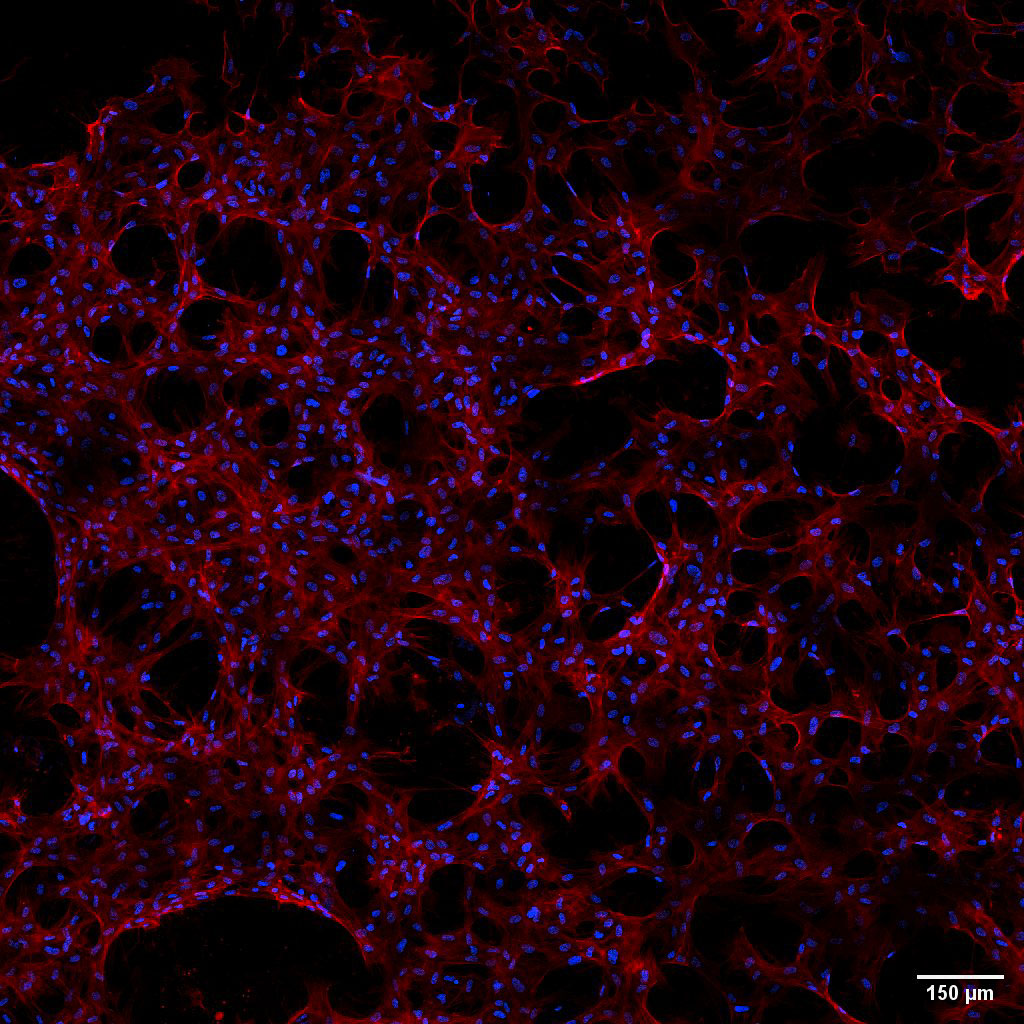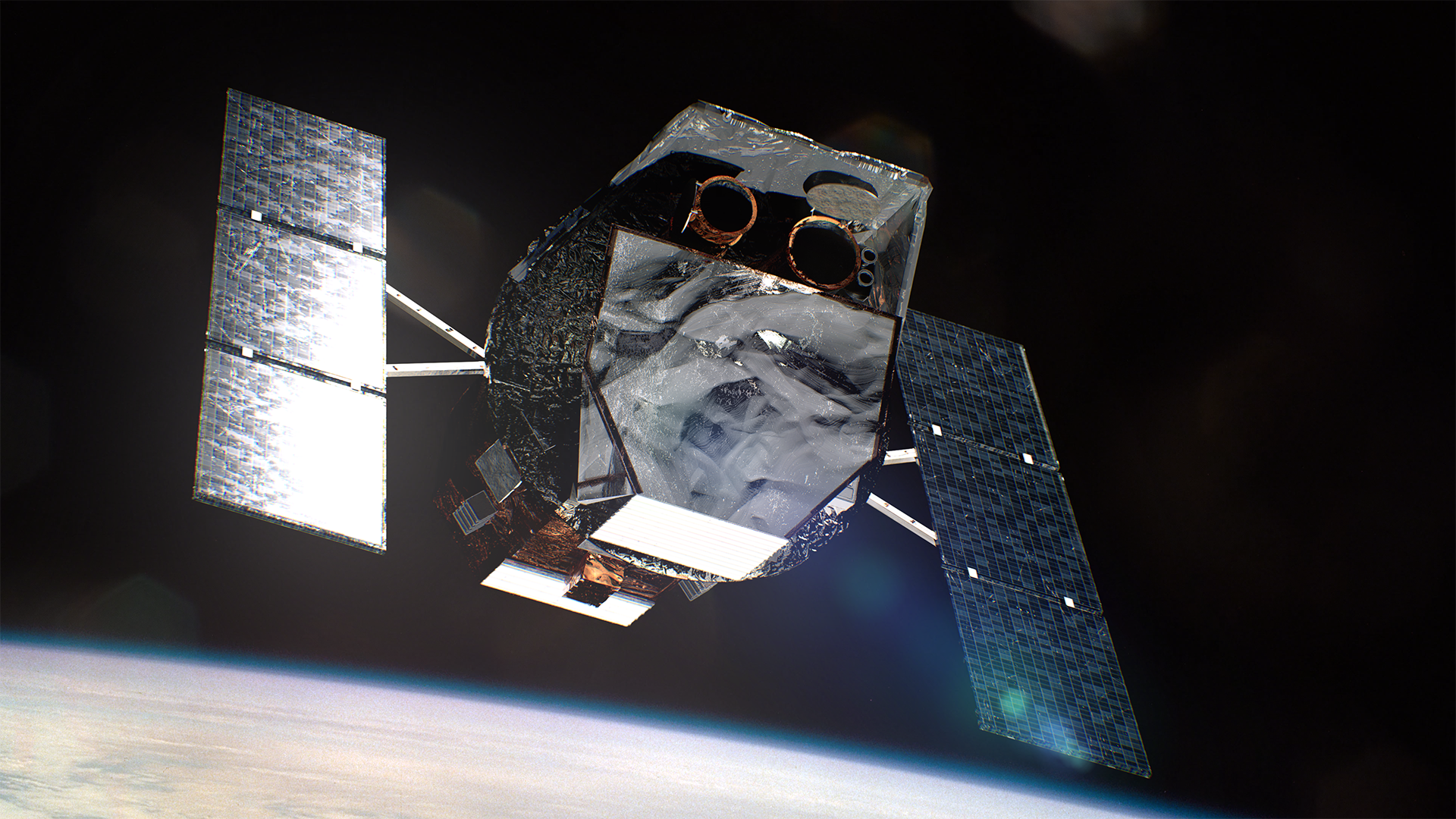Now Reading: Cell Research Takes Center Stage on Space Station
-
01
Cell Research Takes Center Stage on Space Station
Cell Research Takes Center Stage on Space Station

Speedy Summary
- Cell Biology: Cells serve as the fundamental units of all living organisms, adapting to various functions such as nerve signaling and structural support.
- Space research: Cell-based studies on the International Space Station (ISS) investigate how microgravity affects cells, with applications for space exploration and life on Earth.
- Gravisensing Mechanisms: JAXA’s “Cell Gravisensing” study aims to understand how cells detect gravity, aiding in drug growth for muscle atrophy and osteoporosis.
- Cardiovascular Impact: STaARS Bioscience-3 showed changes in 11,000 gene expressions in blood vessel cells due to microgravity within three days of spaceflight. Implications include improving astronaut health and understanding cardiovascular diseases on Earth.
- Neural Stem Cells Adaptation: STaARS BioScience-4 revealed energy-related alterations in neural stem cells under microgravity, emphasizing adequate energy supplies for astronauts on long missions.
- Goldfish Scales & Bone Health: JAXA’s study of goldfish scales found relevance in modeling human bone responses to different gravity levels during spaceflight.
- Stem Cell Experimentation (JAXA): Space-flown mouse embryonic stem cells showed no chromosomal changes compared to ground controls but mutated ones had more DNA abnormalities. This may refine cancer risk assessments for lunar and Mars missions.
- Heart Adaptation Research (RR1): Genetic adaptations observed show human hearts can adjust rapidly under stressful microgravity conditions within 30 days.
Indian Opinion Analysis
India has a growing interest in expanding its contributions to space research, notably as the nation advances initiatives like gaganyaan-its human spaceflight program-and deep-space exploration ventures. The studies conducted aboard the International Space Station demonstrate crucial areas India could focus on: understanding biological implications of prolonged human presence in space and leveraging innovative biomedical applications derived from these findings.
The Japanese-led investigations highlight diverse research avenues-from identifying how gravisensing impacts muscle health to assessing the effects of radiation exposure at cellular levels-all highly relevant for indian scientists aiming at creating safeguards against health risks during long-duration missions like those planned for Mars or lunar ambitions. fundamental insights into cellular adaptation could also be valuable back home-as a notable example, developing treatments targeting osteoporosis or cardiovascular illnesses that disproportionately affect aging populations worldwide.
India’s collaboration potential lies not only through international partnerships but also by taking inspiration from open data repositories such as NASA’s GeneLab. A robust framework combining domestic expertise with global datasets would ensure India stays competitive while contributing meaningfully toward humanity’s collective leap forward into multi-world existence.
























